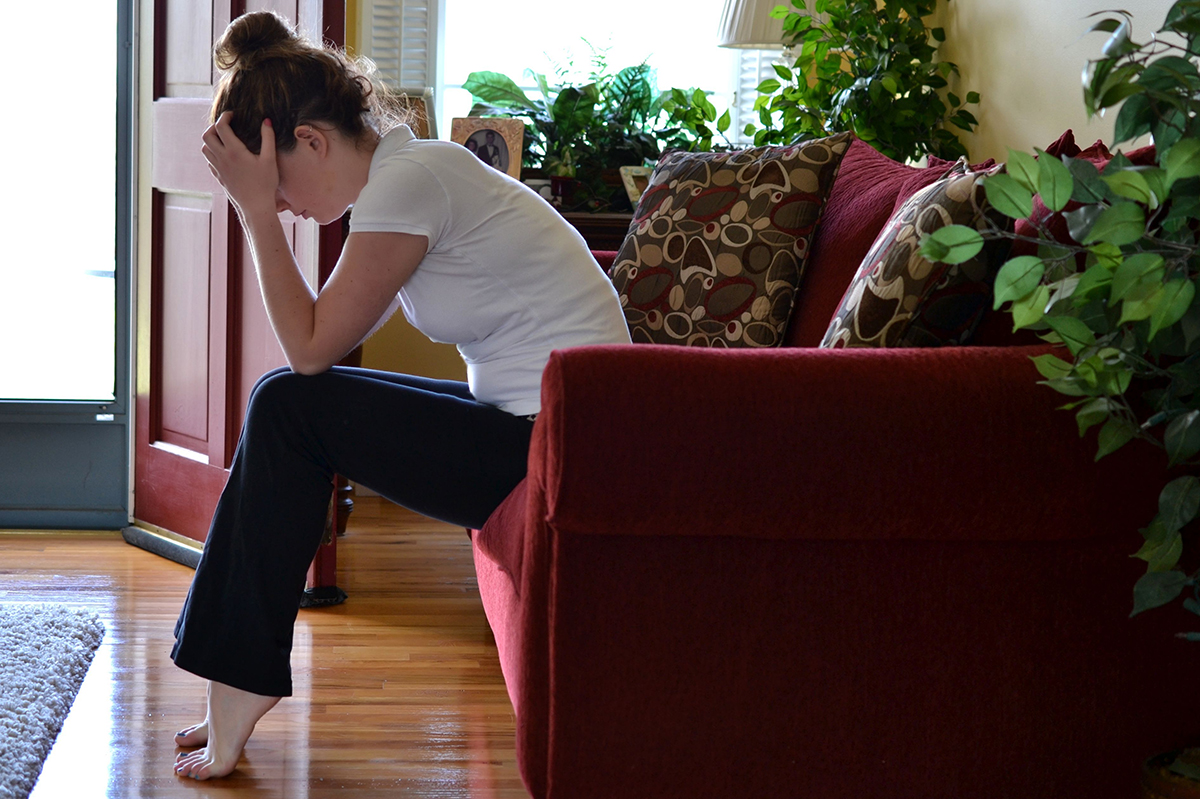Enduring the end of a relationship can often be a deeply challenging and emotional process. In these tough times, we find ourselves questioning: “how to deal with breakups?” In this comprehensive guide, we delve into the psychology of breakups, provide research-backed insights, and offer practical advice to help you understand, navigate, and heal from the emotional turmoil of a breakup. Let’s embark on this journey of healing and self-discovery.
Table of Contents
- Understanding Breakups
- Initial Reactions to a Breakup
- Navigating the Healing Process
- Self-Care and Mental Health
- Rebuilding Your Life
- Moving Forward: How to deal with Breakups and Thrive
Understanding Breakups
The first step in dealing with breakups is to understand why they happen. Breakups occur for a multitude of reasons – incompatibility, unmet needs, personal growth that takes partners in different directions, or conflict. Sometimes relationships may end abruptly due to dishonesty or betrayal, while others may gradually fade out due to long-distance, time, or simply falling out of love.
Breakups can be mutual or one-sided. In mutual breakups, both parties agree that it’s best to part ways. In one-sided breakups, one person decides to end the relationship, which can be particularly challenging for the other party. Regardless of the circumstances, it’s essential to recognize that a breakup is a significant life event that requires understanding, healing, and growth.
Research suggests that our brain reacts to a breakup similarly to how it reacts to physical pain, indicating that emotional pain is as real as physical pain. Understanding this can be crucial in accepting your feelings and beginning the process of healing.

Initial Reactions to a Breakup
The immediate aftermath of a breakup can feel like an emotional rollercoaster, making the question of how to deal with breakups even more pressing. Many people experience a rush of emotions, ranging from shock and denial to sadness, anger, and eventually, acceptance. It’s crucial to understand that these emotional reactions are normal and part of the human experience.
Shock and denial often kick in as our minds try to process the reality of the situation. We may find ourselves unwilling or unable to accept that the relationship is over. This stage can be accompanied by feelings of numbness or disbelief.
Anger usually follows, where we might direct blame towards our ex-partner, ourselves, or external factors. It’s critical during this stage to avoid acting on these intense feelings as it can lead to regrettable actions.
After the anger subsides, we may experience sadness, loss, and loneliness. It’s during this stage that the reality of the breakup starts to sink in, and we begin to comprehend the magnitude of our loss.
The final stage is acceptance, where we acknowledge the end of the relationship and begin to move forward. However, it’s important to note that these stages are not linear. We may oscillate between stages or experience multiple emotions at once, and that’s perfectly okay. Understanding these stages can guide you on how to deal with breakups and navigate your emotions more effectively.

Navigating the Healing Process: How to Deal with Breakups
Coming to terms with a breakup requires recognizing the importance of the healing process. As humans, we are hardwired to feel pain in response to loss, and a breakup is no exception. It’s okay to grieve for the end of the relationship, and it’s essential to take the time to heal. Suppressing or ignoring your emotions will only prolong the healing process.
The first step in the healing process is to allow yourself to feel. Emotions demand to be felt, and ignoring them will only amplify their impact. Give yourself permission to cry, scream, or vent. It’s a crucial part of the process.
The second step in learning how to deal with breakups is to cut off communication with your ex, at least initially. This allows you the space to heal and prevents any additional emotional wounds. If you share children or work together, it may be necessary to maintain minimal contact, but try to keep it to a minimum and strictly necessary.
The third step involves seeking support. Reach out to trusted friends and family, join a support group, or seek therapy. It’s essential not to isolate yourself. Surrounding yourself with support can significantly aid the healing process.

Self-Care and Mental Health: Key Components in How to Deal with Breakups
During the healing process, it’s essential to take care of your physical and mental health. This means eating a balanced diet, getting regular exercise, and ensuring you get enough sleep. It can be tempting to neglect these aspects of health during this challenging time, but doing so can exacerbate feelings of sadness and anxiety.
Consider taking up yoga or meditation to help manage stress and promote emotional well-being. Regular physical activity can boost your mood and act as a natural antidote to feelings of depression. Plus, focusing on a hobby or activity you love can provide a beneficial distraction and a sense of accomplishment.

Rebuilding Your Life After a Breakup
Rebuilding your life after a breakup can be a daunting task, but it’s also an opportunity to refocus on yourself and your needs. This might involve re-evaluating your goals and aspirations, spending more time on hobbies and interests you enjoy, or trying new activities that you’ve always wanted to do.
It could also be the perfect time to reconnect with old friends or make new ones, take a trip, learn a new skill, or undertake a new project. Essentially, rebuilding your life after a breakup is about rediscovering who you are outside of the relationship and learning to enjoy life as a single individual.

Moving Forward: How to Deal with Breakups and Thrive
Ultimately, the goal is not just to survive a breakup but to learn and grow from it. Breakups can be a powerful catalyst for personal development and transformation, teaching us resilience, self-reliance, and the capacity to cope with life’s challenges.
By understanding the reasons behind the breakup, acknowledging and processing your emotions, nurturing yourself through self-care, and rebuilding your life with newfound focus and purpose, you’ll learn how to deal with breakups in a healthy way. With time and patience, it’s possible to move on and find happiness again. Moving forward requires courage and resilience, but it is a journey well worth embarking on.
Conclusion
Learning how to deal with breakups is not an overnight process. It involves understanding the reasons, acknowledging the pain, nurturing oneself through the healing process, and moving forward with newfound wisdom and strength. Breakups are challenging and emotionally taxing, but they also offer an opportunity for personal growth, self-discovery, and resilience. By understanding, healing, and eventually moving on, you can turn the pain of a breakup into a powerful catalyst for personal growth and a brighter, happier future.








Leave a Comment